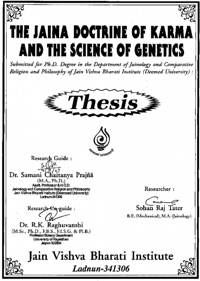The major types of organic substances found in protoplasm are carbohydrates, proteins, lipids, nucleic acids and steroids.[22] Some of these are required for the structural integrity of the cell, others to supply energy for its functioning and still others are of prime importance in regulating metabolism with in the cell.[23]
Carbohydrates are fats (lipids) have only a small role in the structure of protoplasm but are important as sources of fuel, carbohydrates are readily available fuel, fats are more permanently stored supply of energy. Nucleic Acids have a primary role in storing and transmitting information, proteins are structural and functional constituents of protoplasm, but may serve as fuel after de-animation. The body can convert each of these substances into others to some extent, protoplasm in a colloidal system, with protein molecules and water forming the two phases, and many of the properties of protoplasm—muscle contraction, amoeboid motion, and so on depend on the rapid change from sol (liquid condition) to gel (solid or semi solid) state and back. [24]
 Prof. Dr. Sohan Raj Tater
Prof. Dr. Sohan Raj Tater
 Doctoral Thesis, JVBU
Doctoral Thesis, JVBU